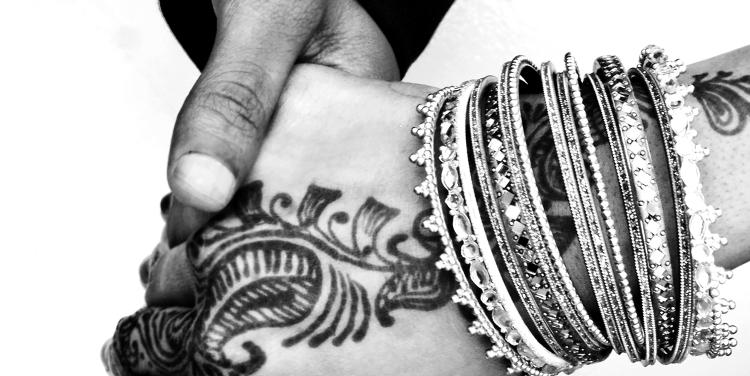Another wedding season has come and gone. Many newly married couples hope to find the joys of love and companionship of an intimate marriage, while some may experience pain and anguish of broken promises and that could result in divorce. In recent years, marital breakdowns have skyrocketed in India, and out of fear of divorce, many avoid marriage altogether. A sense of disillusionment among newly-weds is high and many fail to realize the dream of ‘lived happily ever after’. The major meltdown that couples experience after the ‘happiest’ day of their lives has been termed as post-nuptial blues and is considered a psychological disorder.
The disenchantment for marriage among young people made us— my wife and I—write a guide for newly-weds, titled After the Wedding Bells, based on our years of coaching the newly married couples.
Wedding is only an event and marriage is a life-long journey. So much time, effort and money are spend in planning a perfect wedding that most couples overlook the importance of preparing for a lifelong fulfilling relationship. As the excitement and busyness of wedding planning and the honeymoon period thereafter come to an end, the reality of married life begins to sink in. It is naïve to presume that your love will conquer all things in a marriage, or to rely solely on cultural practices you have learned from others.
Communication and negotiation skills are critical in navigating early marital minefields. It takes deep understanding, empathy and commitment for two people to adjust to each other’s personalities, tastes and schedules.
Early months and years of your married life are critical. Some even call this season as the most important year of the marriage. What you do and, more importantly, what you fail to do will continue to shape your relational world decades later. The honeymoon year of a marriage can be either an incredible time of personal and relational growth or a period of deep distress and disappointment. Married life is a series of adjustments and it is never as intense as it is in early marriage. How we deal with the small and big crises of life and relationship during the first few years of marriage will set the course for the rest of the marriage. Vitality and longevity of marriage can be traced back to those early years of marriage. Researchers can accurately predict by observing newly-weds whether their marriage will flourish or die prematurely. The lessons learnt during the early years are precious and mistakes made then are harder to undo.
I have heard many couples say, soon after the honeymoon period is over, that they feel they have been married to a different person than the one they had known before marriage. The differences that attracted them earlier now seem to drive a wedge between them. Habits that were cute at first are now annoying. What had been so charming and attractive now turns into an irritation after living day and night with the spouse. Often couples are quick to notice how the other person has changed, while ignoring chapters at their end. It takes deep understanding, empathy and commitment for two people to adjust to each other’s personalities, tastes and schedules. Harbouring unrealistic expectations and forcing our spouse to fit into our mould does not help the marriage at all. Nor does adjustment require us to renounce our individuality altogether. It takes lots of work to arrive at mutual consensus in an honourable manner. Communication and negotiation skills are critical in navigating early marital minefields.
Newly married couples must lower expectations from each other, communicate honestly, forgive freely and keep Jesus Christ at the centre of their relationship.
No marriage is without its challenges. Before long, every couple will hit some speed bump. Lack of communication and conflict-resolution skills can be dangerous for a new marriage. Differing backgrounds and past experiences can cloud relationship formation. Money, friends, in-laws and religion can create confusion in a marriage. Emotional and sexual bonding might not be mutually satisfying and even traumatize couples. Instead of dealing constructively with the inevitable clashes found in every marriage, couples end up blaming, yelling, attacking or withdrawing from their mate, which is a toxic cocktail that can send a new marriage spiralling downward. Remember, every marital struggle will either help you to grow closer to each other or will force you to drift apart. Minimizing strains caused by some of the marital stressors is the key to a great start to married life; if not, some of those strains may last a lifetime.
We advise the newly married couples to lower expectations from each other, communicate honestly, forgive freely and keep Jesus Christ at the centre of their relationship.
If a couple is not able to cope with changes or deal with situations in respectful ways, please seek help from a wise couple you both know, or go to a counsellor. Creating new togetherness and oneness in a marriage requires a hard work and commitment, but the couple stands to reap much dividends over their entire lives when a marriage starts off on a strong footing.





